There have been rumors in recent weeks, that the United Nations Secretariat was now looking beyond 2030, and that the 2030 Agenda for Sustainable Development was somewhat outdated. We don’t know if that is true, or just a speculation. If true, what does it mean? Have the United Nations realized that the 17 SDGs were an unattainable utopia, and are they preparing to move on? What we knew, before hearing such voices, was that some kind of review of the 2030 Agenda was scheduled in 2024 / 2025, to measure the achievement of the 17 Sustainable Development Goals, and possibly to update it, according to some relevant developments, which occurred after 2015. The need for an overhaul of the 2030 Agenda was easy to be seen, even for the most blind bureaucrat. Several historical milestones have been achieved, in 2015 and subsequent years. First of all, the new space economy revolution, boosted by the rockets’ reusability, developed by SpaceX. The space economy is nowadays the most progressive industrial segment, trying to balance, alone, the profound global crisis, which grips the world economy. Notwithstanding that, space is still stubbornly out of the 2030 Agenda. That’s the main reason motivating the Space 18
th SDG initiative, supported now by 47 space advocacy organizations
[1]. Such a proposal was already presented at COPUOS 66
th session in Vienna, last 5 of June, in a historical discourse
[2] pronounced by Karlton Johnson, on behalf of NSS, SRI, and the whole coalition of the co-promoters. The Space 18
th SDG will be presented at United Nations General Assembly 78, the 15 of September, in a hybrid panel at United Nations in New York
[[3]. There will be other announcements and news about this significant event.What we want to reflect on, today, is the actual social relevance of the 17 SDGs, and if it makes sense to maintain 2030 as a deadline for the achievement of such key socially relevant goals.Looking back some decades, the National Security Agency (US) had foreseen a very critical period from 2025 to 2030, possibly an irreversible civilization-implosive crash (I am sorry that I cannot provide any link to proper articles, yet I had commented on such a forecast in some of my newsletters). While we are approaching 2025, have those concerns lowered or increased? Considering the many symptoms that we are witnessing – pandemics, extreme climate events, enduring economic crises, and wars in the “advanced” world countries – it is easy to reply to the question. That devastating crisis is already here, some years in advance, with respect to the NSA’s prediction. Should we use Hari Seldon’s psychohistory
[4] terms, even if we don’t own his “Radiant” tools, we could say that we are very close to a “cusp”. No doubt that several crazy events are occurring, in reaction to the multiple crises. No doubt that it makes sense to interpret the current age with the tools of psychohistory, at least from a conceptual point of view. Thus, is 2030 still an important date, or should we forget the 17 SDGs and start looking beyond? My first answer is yes, definitely: 2030 is even more important than it was in 2015 when the UN 2030 Agenda was approved. Since most of the 17 SDGs are social goals, it is of paramount importance to fight for their sustainability and to underline that the only way to achieve them is to kick off a new, strong, development strategy, i.e. to accelerate civilian space development.
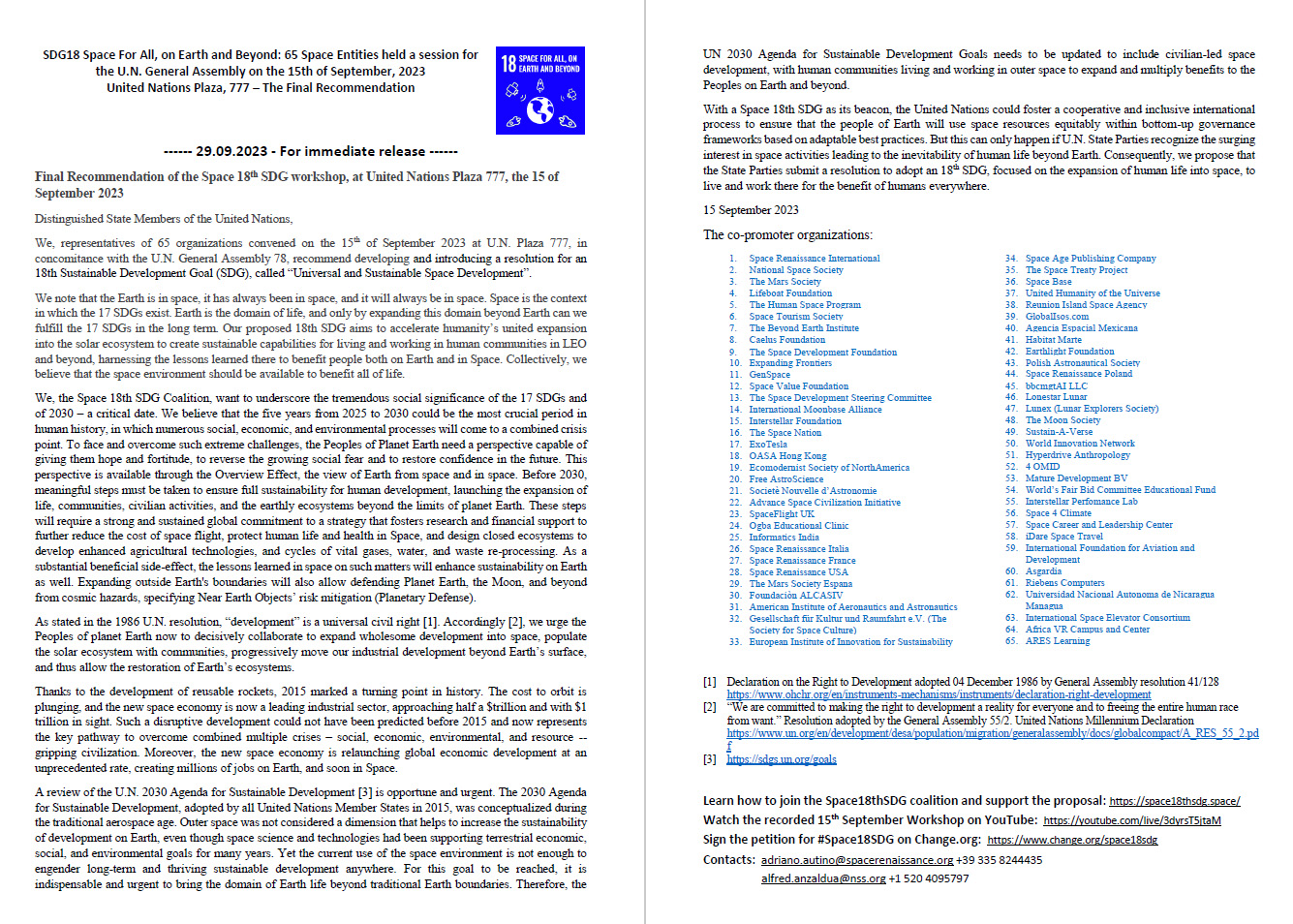
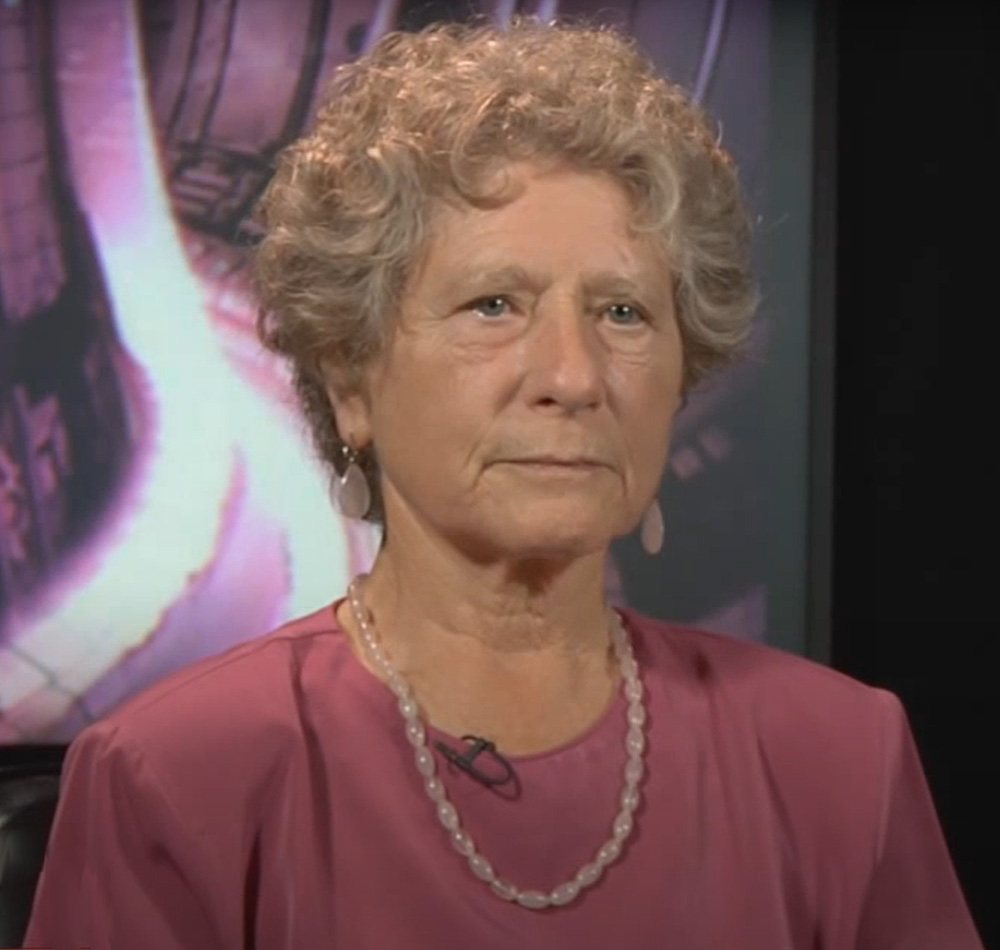
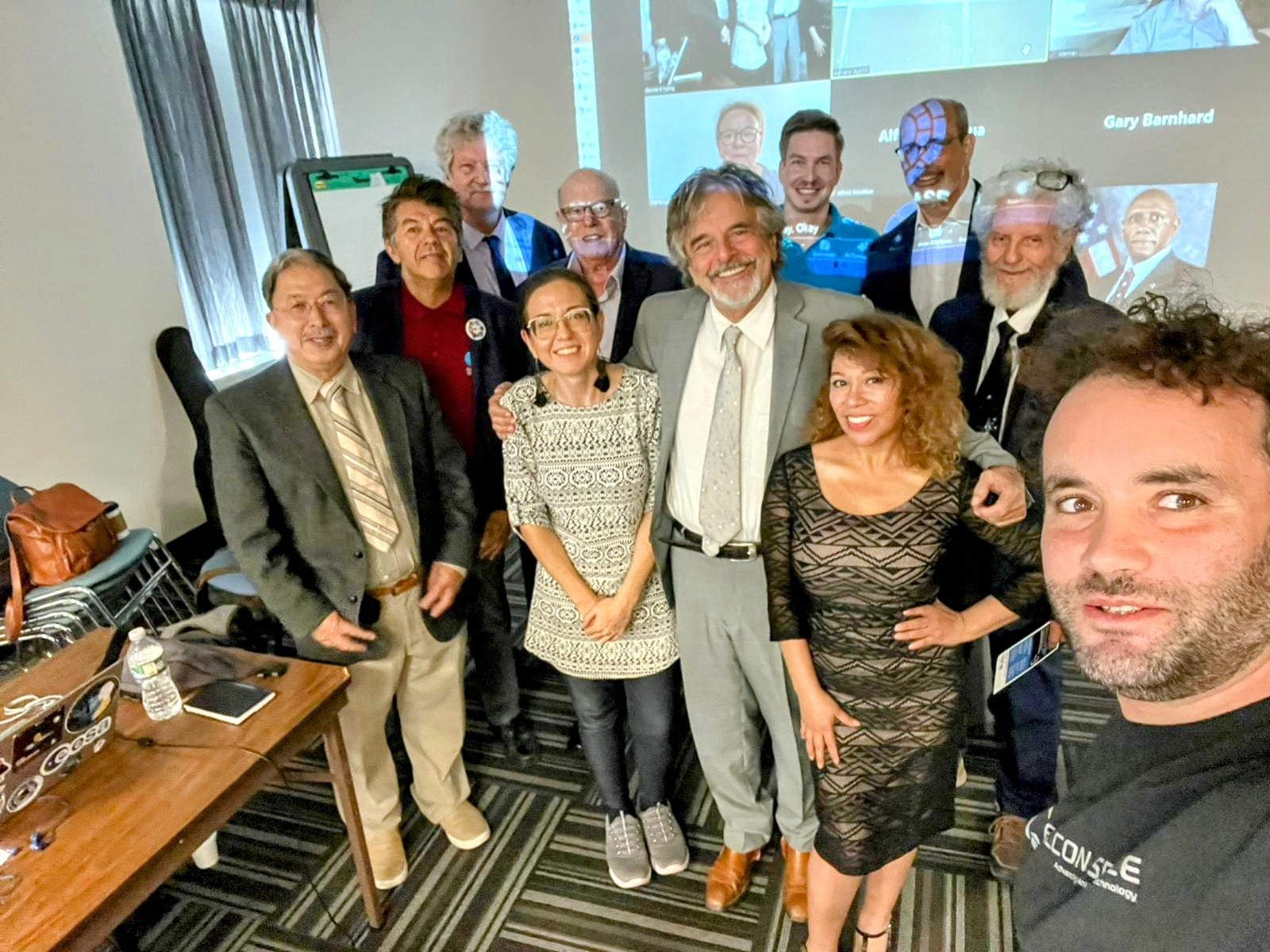


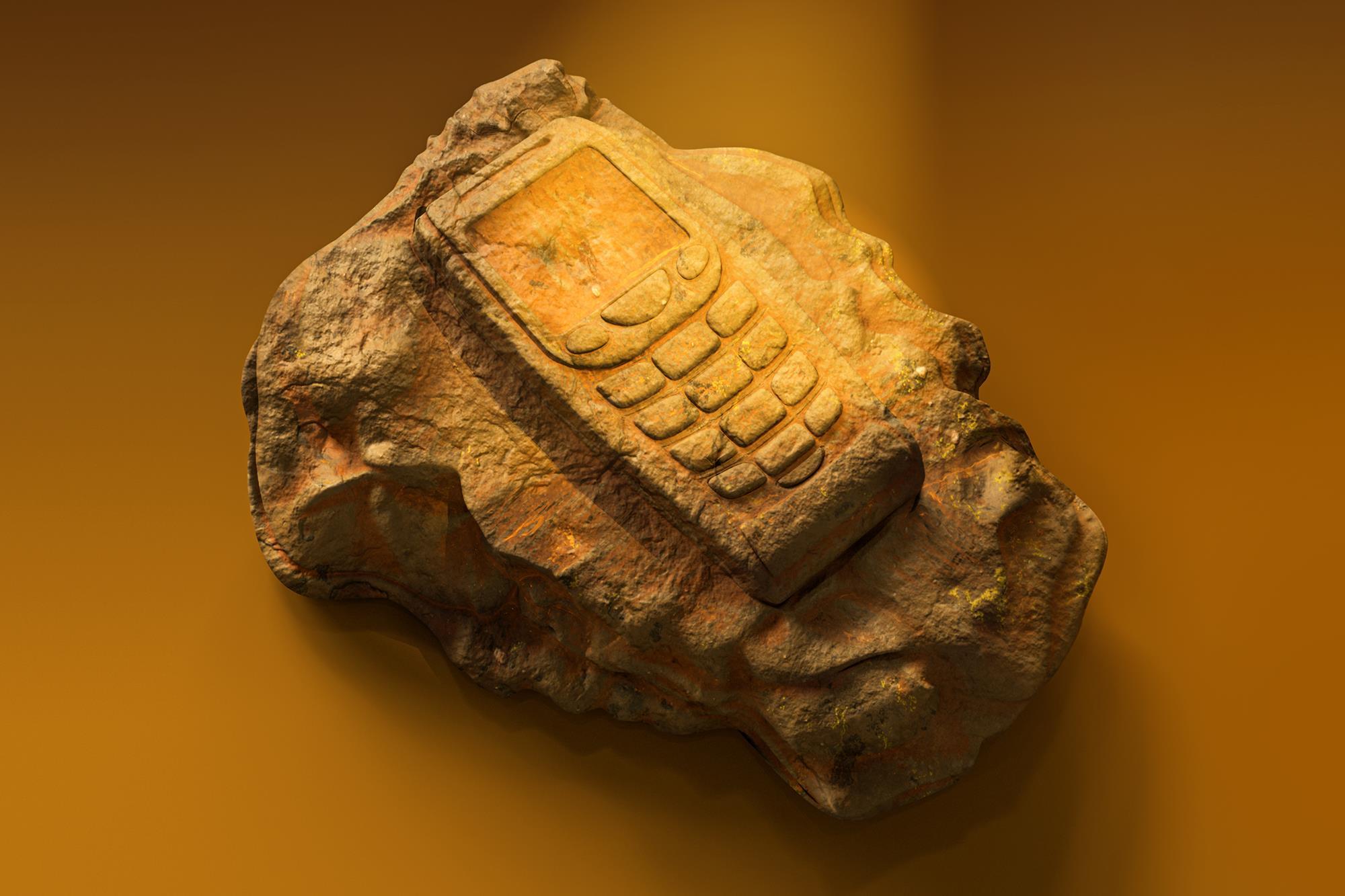



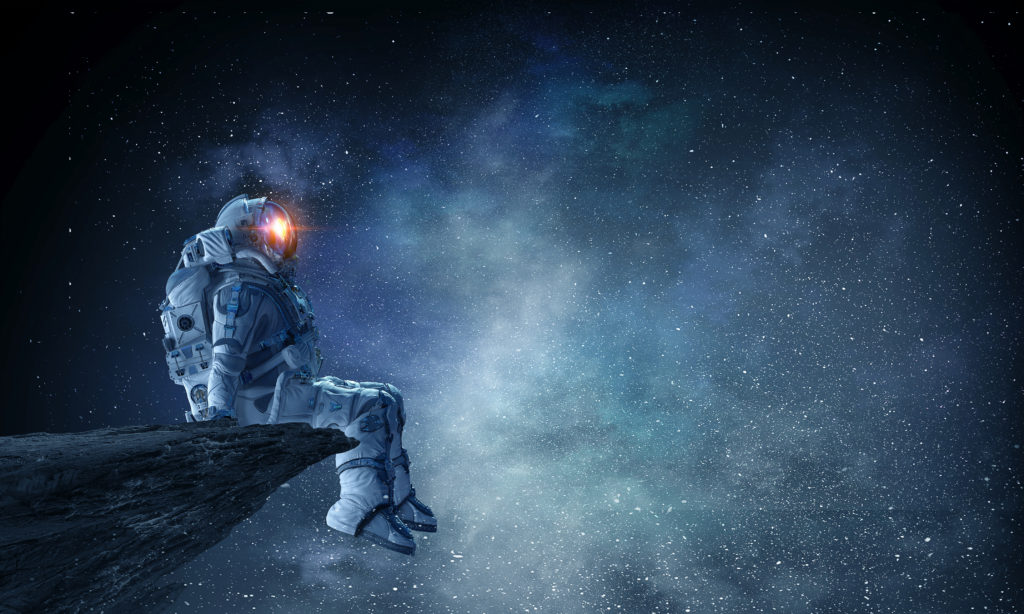

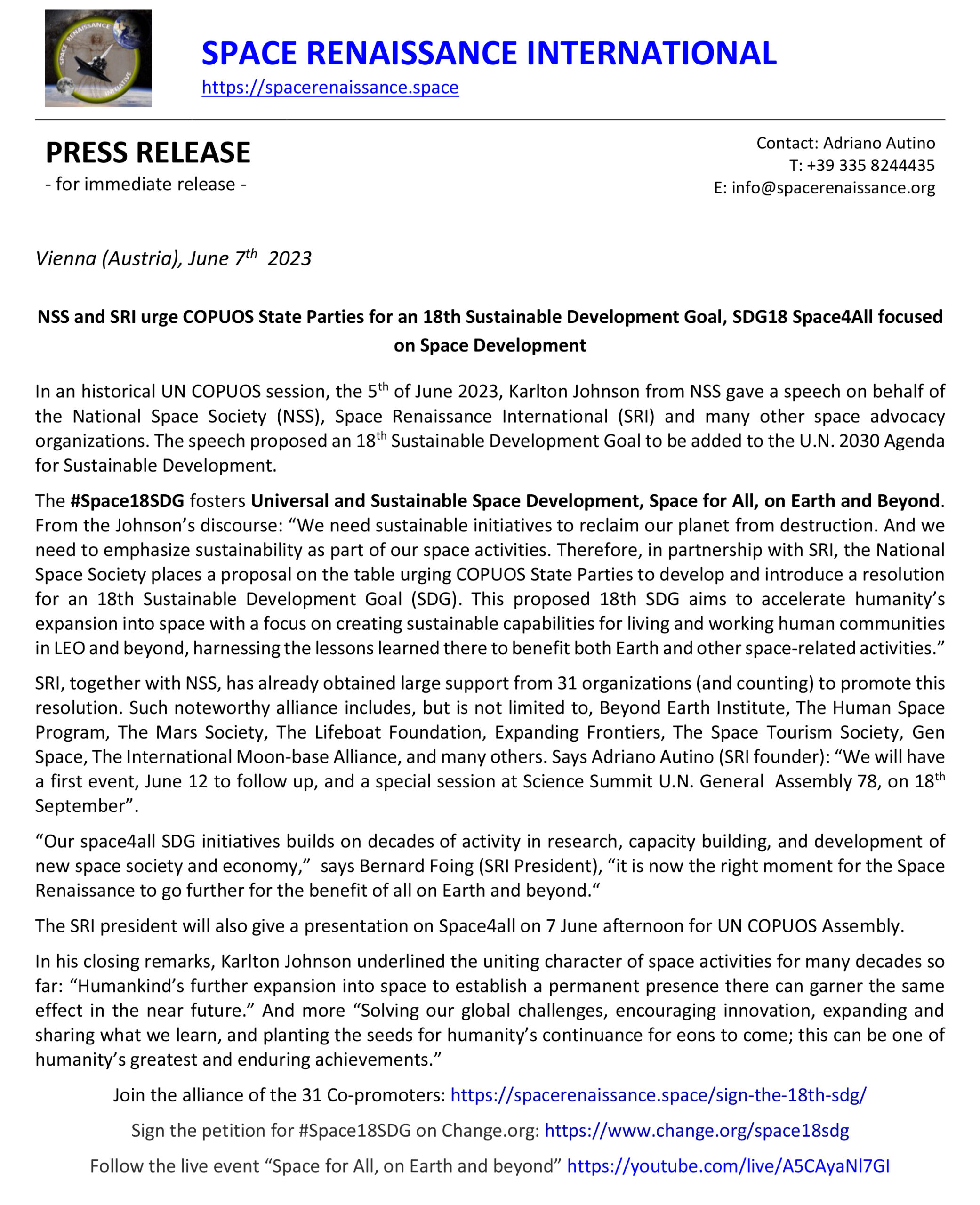
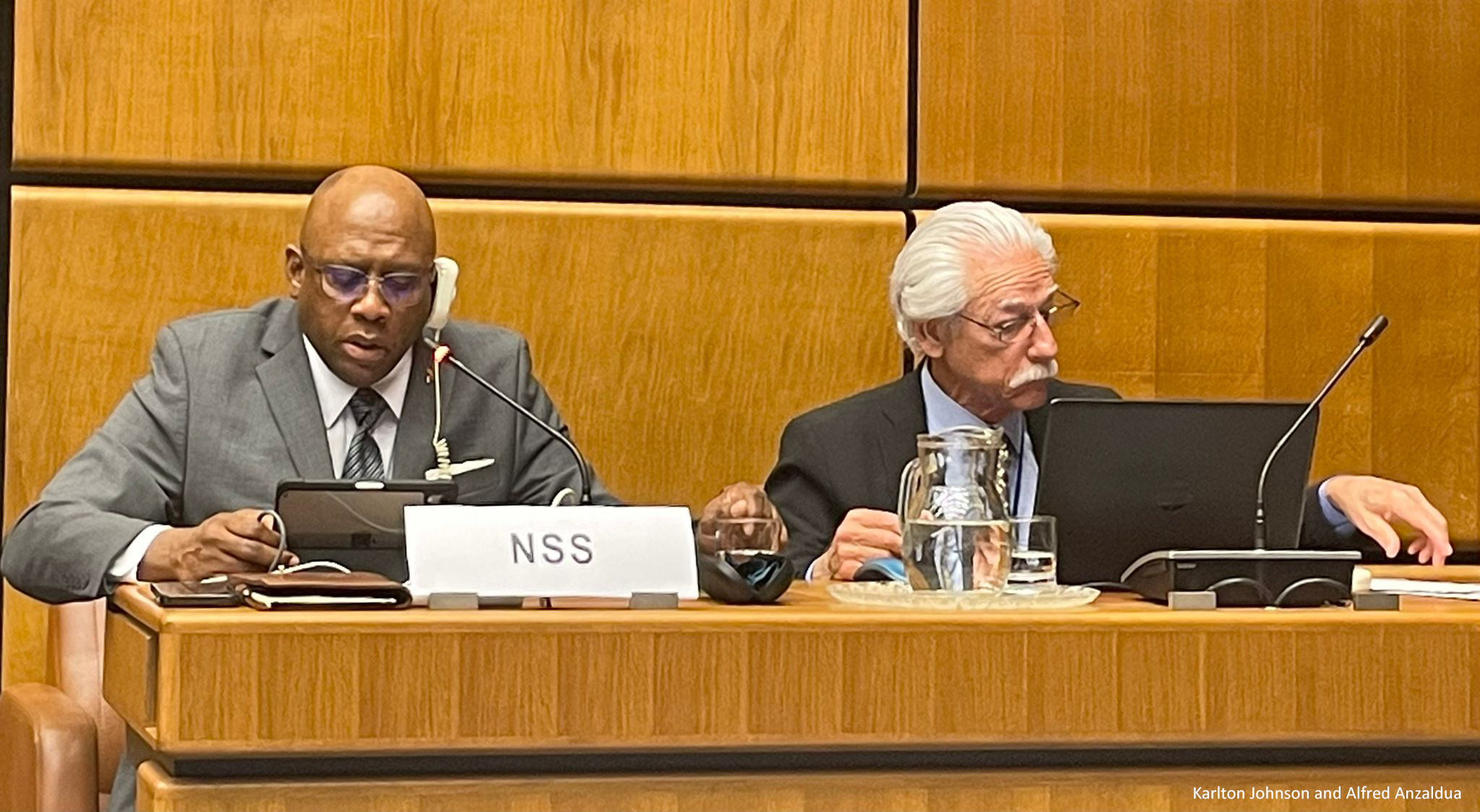


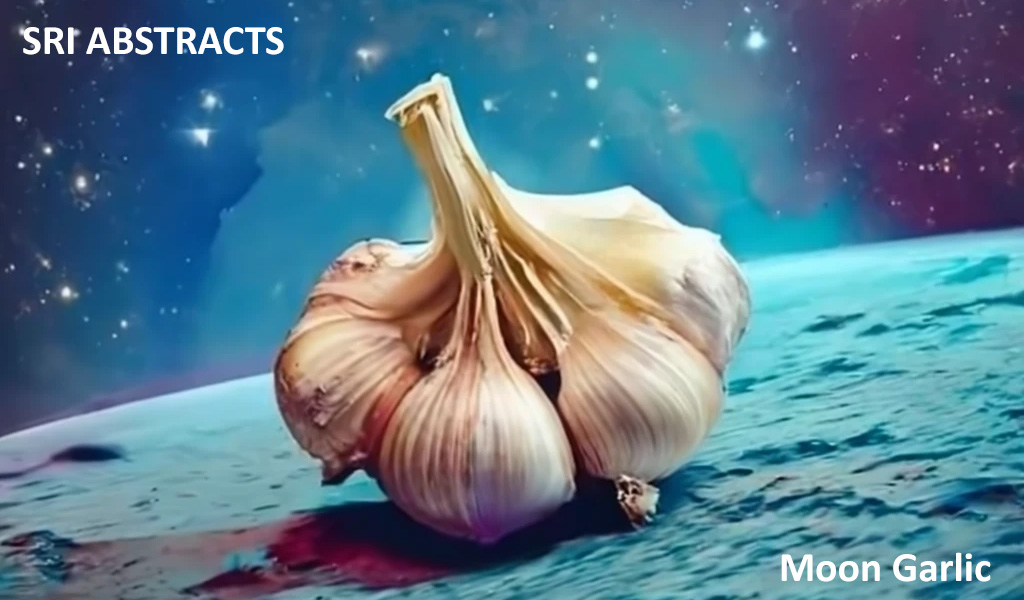





 Space Renaissance France (French Chapter of SRI)
Space Renaissance France (French Chapter of SRI)  Space Renaissance USA, Inc. (USA Chapter of SRI)
Space Renaissance USA, Inc. (USA Chapter of SRI) Space Renaissance (Italian Chapter of SRI)
Space Renaissance (Italian Chapter of SRI) Space Renaissance Academy
Space Renaissance Academy Space Renaissance Initiative Group
Space Renaissance Initiative Group